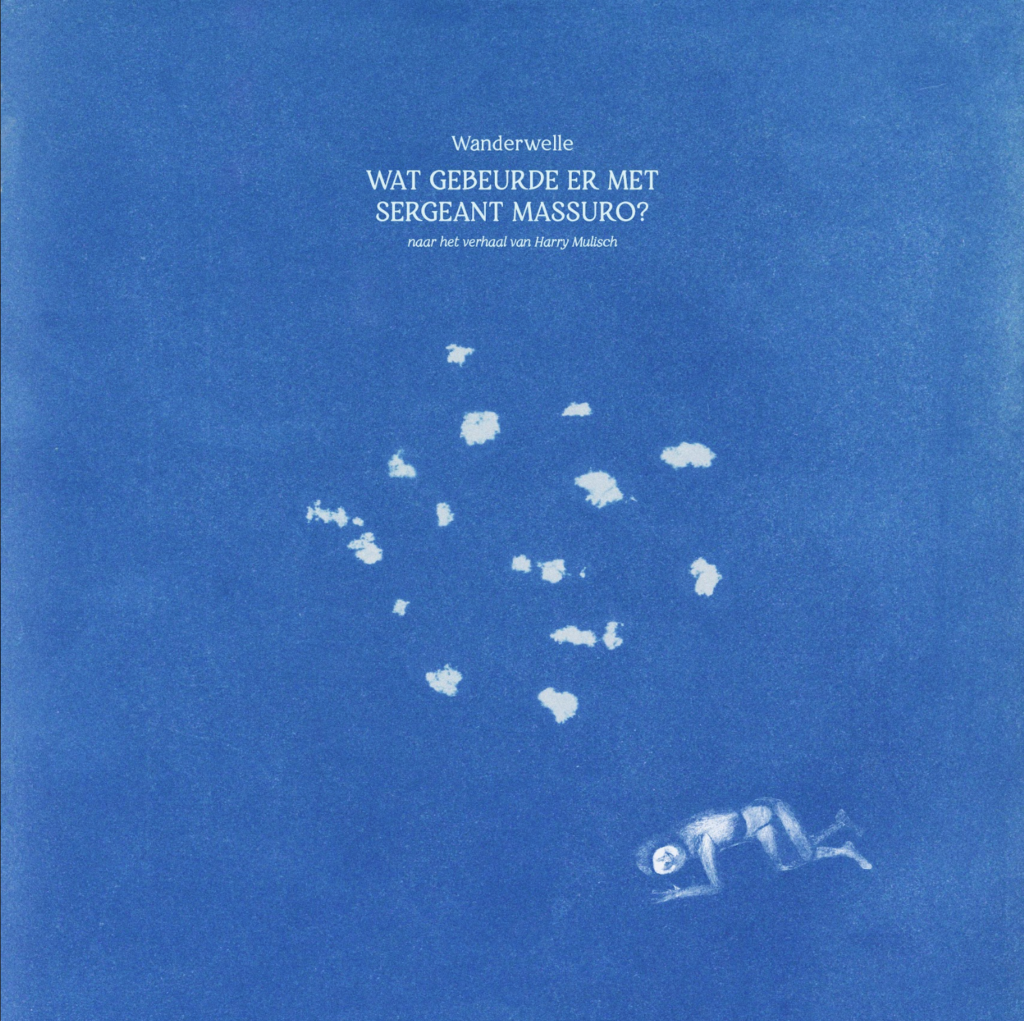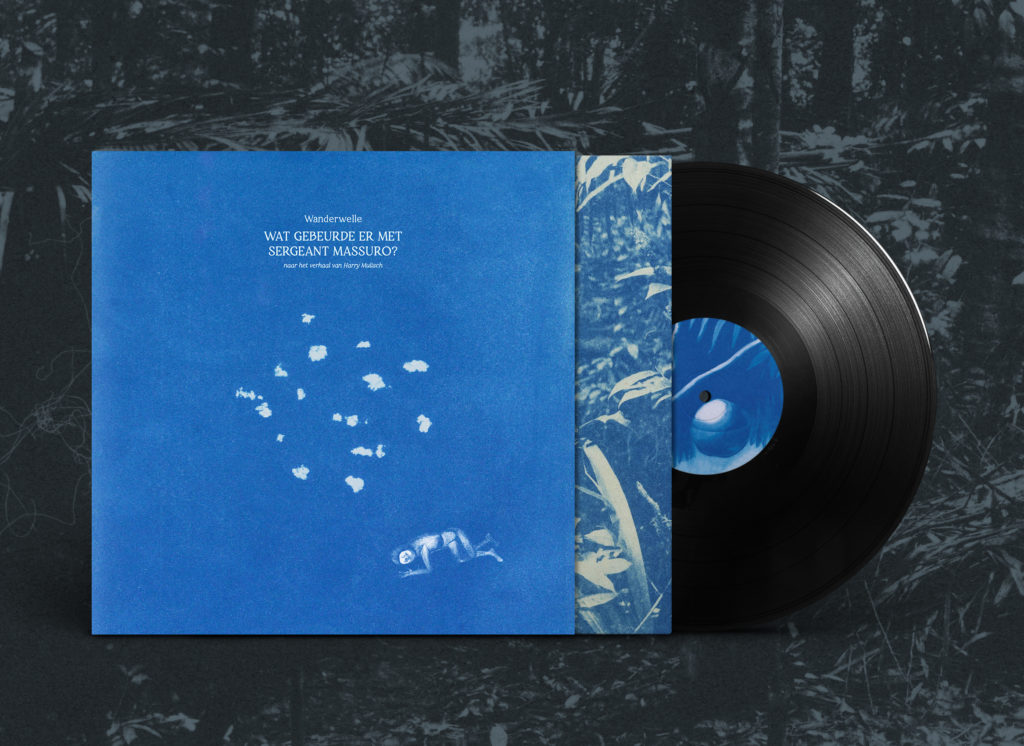
Amsterdam-based collective Wanderwelle presents an electro-acoustic adaptation of one of their favourite stories, which has haunted them for many years. Wat gebeurde er met sergeant Massuro? (What Happened to Sergeant Massuro?) is a little-known tale written by master storyteller Harry Mulisch, in which he has thoughtfully succeeded in interweaving strong anti-colonial ideas with mythical elements. In letter form, the story recounts the fate of Sergeant Massuro, who, during a mission in the former Dutch colony of Netherlands New Guinea, slowly but surely turns to stone under mysterious circumstances. It appears that certain unspeakable actions of his past may have brought this fate upon him…
Wat gebeurde er met Sergeant Massuro?, published in 1957, is a rarity in Dutch literature, as there was little critical writing during the time when New Guinea was still under colonial authority of the Netherlands. The Dutch retained sovereignty over Western New Guinea until 1962.
Drawing upon a vast array of electronic and acoustic instruments, alongside archival and field recordings, Wanderwelle expanded the story’s horizons with a sonic dimension, making it accessible to a new generation of listeners and readers. The artists consulted the author’s estate, his publisher, and literary scholars during the creation of the album to fully grasp the extent of the author’s intricate writing and thoughts.
Given the deeply personal significance of Harry Mulisch’s story to the artists, this record serves as the inaugural release for their label. Maalstroom is not your usual label. It is a public archive that will feature some of Wanderwelle’s most personal projects.
Harry Mulisch (1927-2010) is considered one of the most prolific writers of Dutch
post-war literature. He wrote more than eighty novels, plays, essays, poems, and philosophical reflections. A frequent theme in Mulisch’s work is the Second World War, and he often incorporated ancient legends or myths, drawing on Greek mythology, Jewish mysticism, urban legends, and politics.
The artists would like to express their sincere gratitude to the Stichting Vrienden van het Harry Mulisch Huis and Cultuurfonds, without whom this project would not have been possible.
In remembrance of Harry Mulisch (1927-2010)
“The ghostly sounds evoke a dark environment before your mind’s eye. Bodiless, translucent beings move unhurriedly – left and right, above and far away, and closer. (…) The hollow emptiness of the soundscape, the distant otherworldly whistling, a stony scraping, a throbbing pulse like a pumping artery under high pressure. Alexander Bartels and Phil van Dulm seem to have translated both the terrifying surroundings and the torn inner world of Massuro and the people around him into sound.“
-Gonzo (circus)
”From its dire, slowly approaching thunderstorm opening with its glinting piano strikes of rain, they conjure up a relentlessly dank, murky, multi-textured atmosphere through both electronic and acoustic means that extends across the album and reflects a visceral and psychological plunge into a bottomless heart of darkness. (…) WGEMSM? is a heavy dose of accusation and calling to accounts, but there’s no time like the present to listen.
– A Closer Listen
”A moody, resonant and ultimately deep groundswell of an album, one that compels the listener to venture ever further into a spine-tingling heart of darkness.”
– Juno
